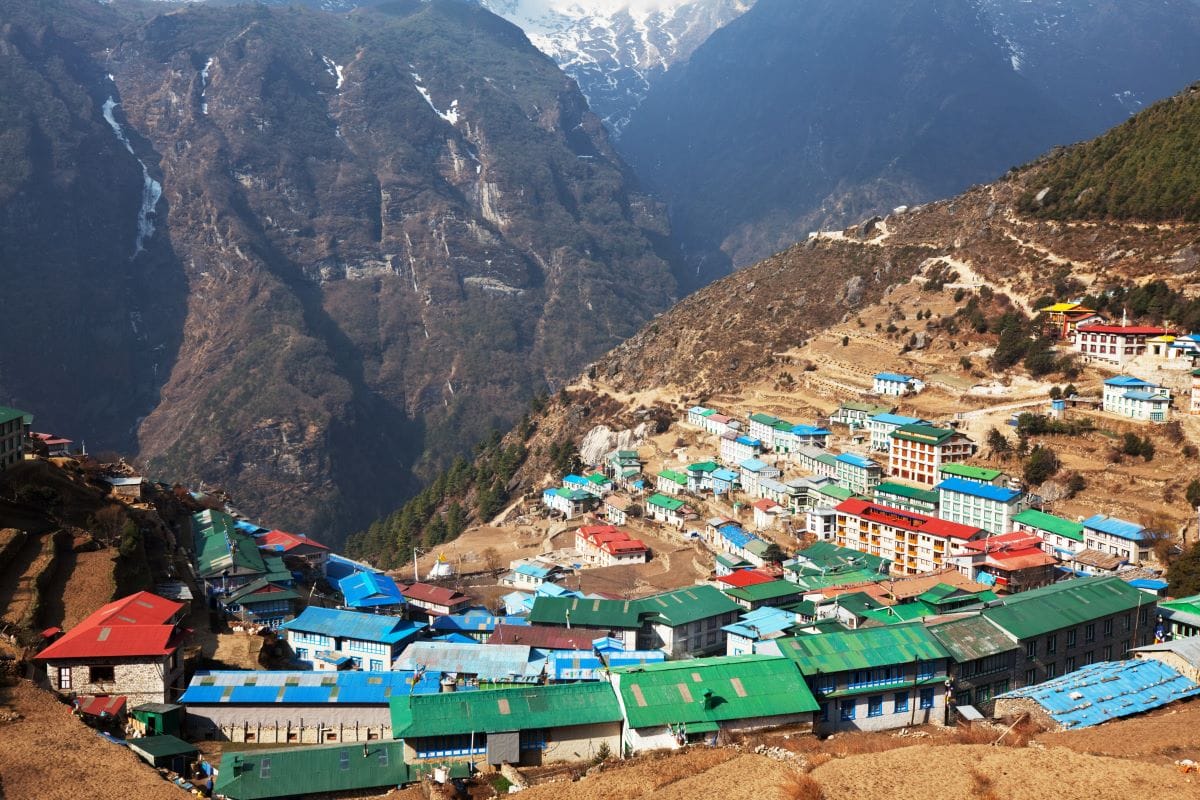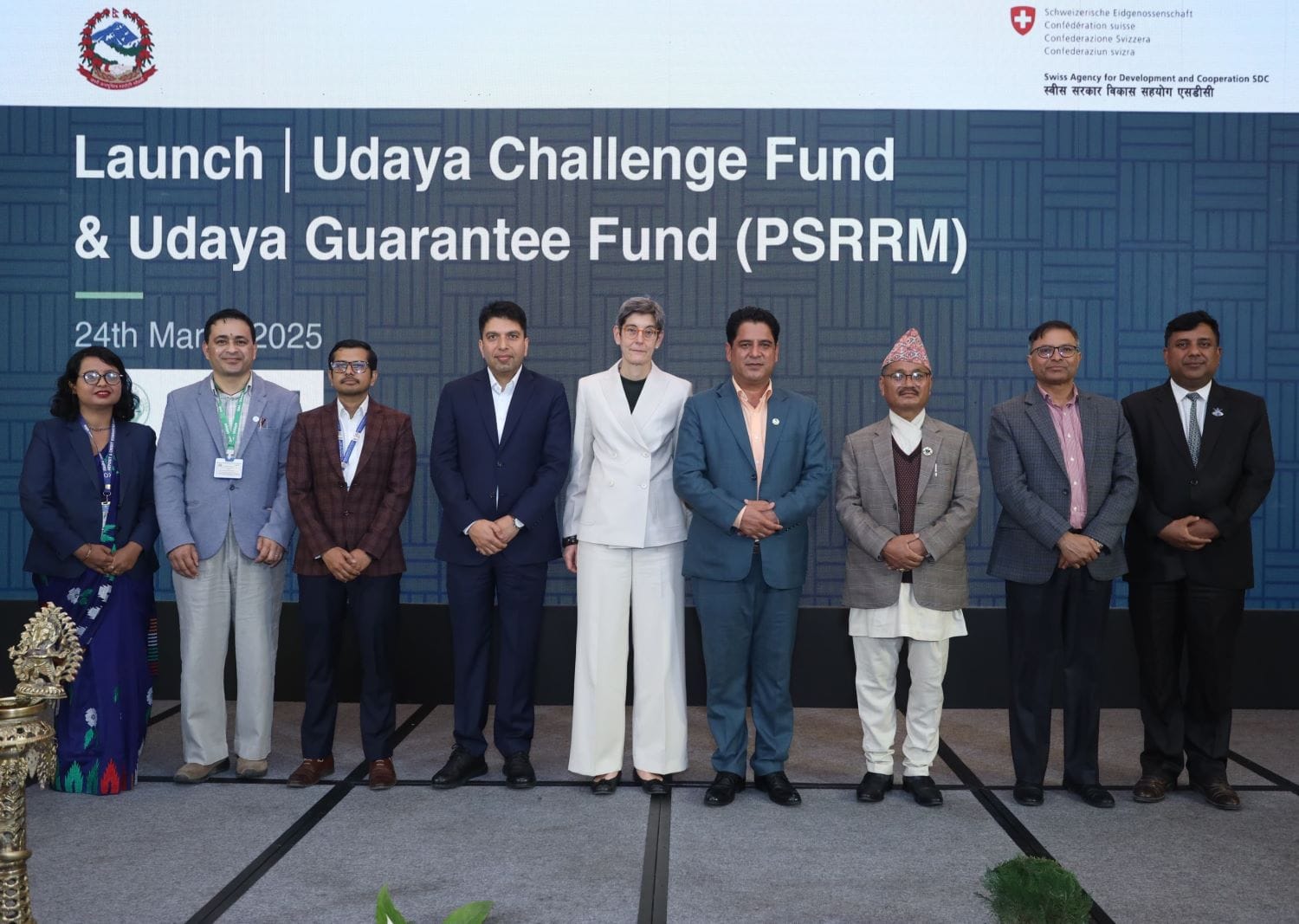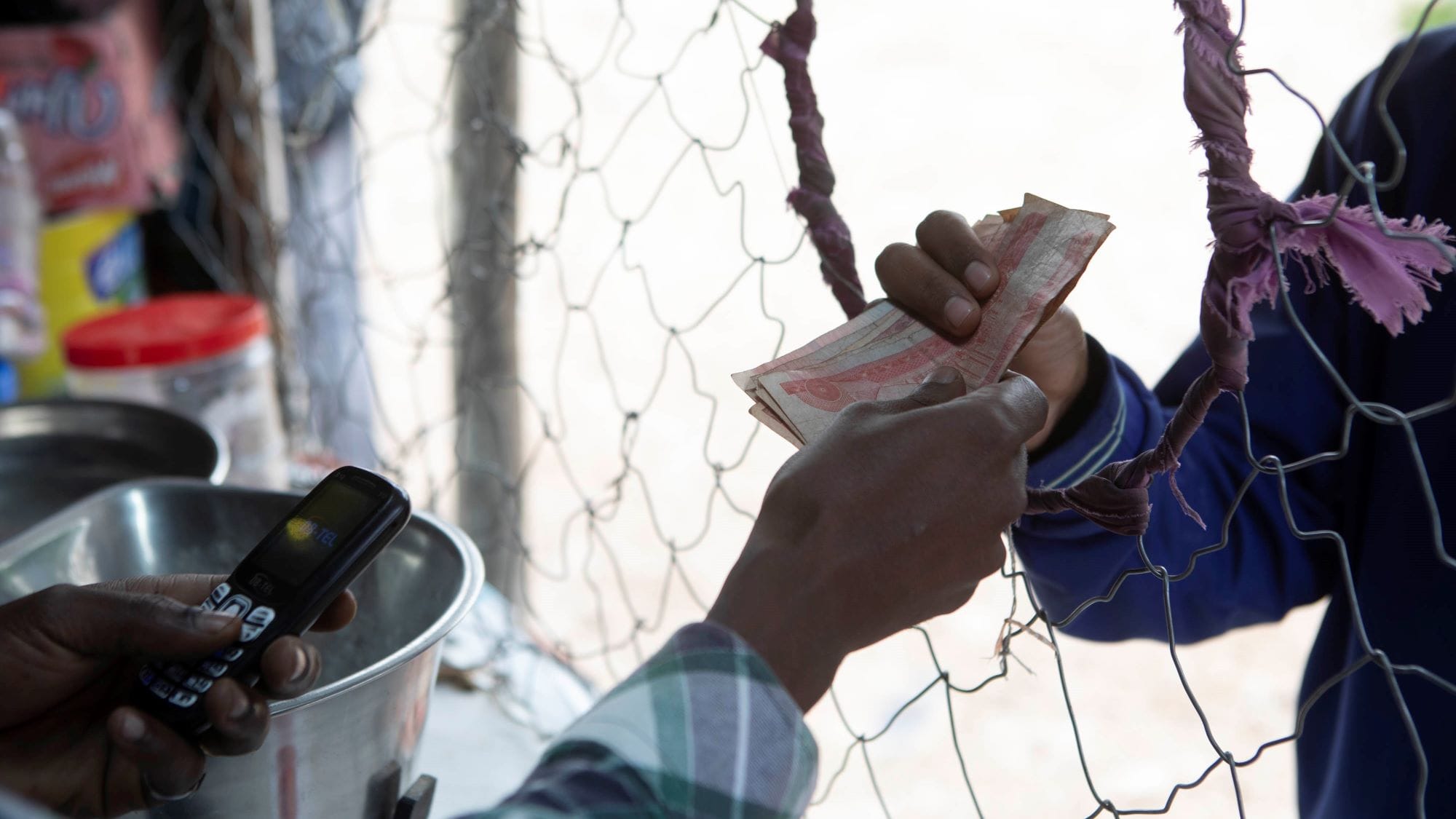Roughly 90 percent of all businesses worldwide are small and medium-sized enterprises (SMEs), and they account for half of global employment. In developing countries—where SMEs support more than 70 percent of jobs and about 35 percent of GDP—SMEs are even more important to the employment picture. In Nepal, for example, SMEs employ some 1.8 million workers.
However, inadequate access to finance remains a serious impediment to SME growth. The IFC–World Bank MSME Finance Gap Report estimates that in emerging markets and developing economies, micro, small, and mid-size businesses face a finance gap of US$5.7 trillion.
It’s against this backdrop that the Swiss Government-funded Udaya Project—in collaboration with Nepal’s Deposit and Credit Guarantee Fund (DCGF)—this year launched the Udaya Guarantee Fund. Focusing particularly on Koshi Province in the eastern part of the country, this catalytic fund of 600 million Nepalese rupees (NPR) promises to unlock NPR8 billion in loans from partner commercial banks—equivalent to $56.7 million—by the end of Udaya’s first phase of operations in November 2027.
At the official launch of the Udaya Guarantee Fund in March, Nepal’s then Minister of Industry, Commerce, and Supplies, Damodar Bhandari, stressed that SMEs are central to Nepal’s economic growth and that a lack of collateral has long constrained SME financing. The Koshi Province initiative, he added, sets a model for federal and provincial governments to strengthen entrepreneurship and economic development.
Reducing Risk for Lenders
The Guarantee Fund is a risk reduction mechanism that enables partner banks to expand their SME lending portfolios while mitigating potential credit risks. By providing a robust guarantee structure, the fund encourages greater participation of financial institutions in SME financing, particularly targeting enterprises that are women-led, innovation-driven, or based in underserved areas.
The initiative was made possible by a landmark agreement between the Ministry of Economic Affairs and Planning and the DCGF. A project implementation unit within the ministry will oversee the fund to ensure accountability, transparency, and sustainable fund management.
Under Udaya’s first phase, the initiative will onboard 3,000 SME clients through partner commercial banks. Beyond expanding access to finance, the program is designed to catalyze innovation and competitiveness in the SME sector. Participating SMEs will develop and deliver 32 incremental and eight disruptive innovative products and services across areas such as product design, business processes, market models, service delivery, and green or social innovation.

Building the Capacity of Borrowers
The Udaya Project is supporting the initiative in three related areas:
- Building an investment-ready SME pipeline for partner banks. As part of this process, Udaya will help enterprises become bank-ready to access financial resources more efficiently through a digital information portal.
- Providing capacity-building training for SMEs, particularly women-owned and women-led enterprises.
- Implementing a performance-based incentive system to strengthen business development service providers (BDSPs). Through strategic co-investments among BDSPs, banks, and the Government of Koshi Province, Udaya will enhance SMEs’ ability to access tailored business services and sustainable financing opportunities.
These components are complemented by advocacy for women-friendly financial products and simplified loan application processes.
Collectively, these and related activities are expected to raise SMEs’ annual income by approximately 7 percent, which will in turn support the Udaya Project’s overall goal of contributing directly to reducing multidimensional poverty in Koshi Province from 0.197 to 0.150 on the Global Multidimensional Poverty Index (MPI)—and improving the inequality-adjusted Human Development Index rating from 0.427 to 0.512.
It’s too early to measure Udaya’s progress in meeting these objectives. But key milestones for the Udaya Guarantee Fund are already behind us, including memoranda of understanding signed with the Nepal Bankers’ Association, the Federation of Nepalese Chambers of Commerce and Industry, the Federation of Nepalese Cottage and Small Industries, and the Federation of Women Entrepreneurs’ Associations of Nepal. These partnerships are key to ensuring that Udaya’s goals align with Nepal’s broader economic and gender-inclusive growth objectives.
The launch of the Udaya Guarantee Fund exemplifies Nepal’s commitment to fostering entrepreneurship, gender equity, and sustainable growth. Tapping into the collective strength of government, banks, and business networks, the Udaya Project is in turn committed to demonstrating how development partnerships can energize regional economies and empower SMEs to lead Nepal’s journey toward greater prosperity.






